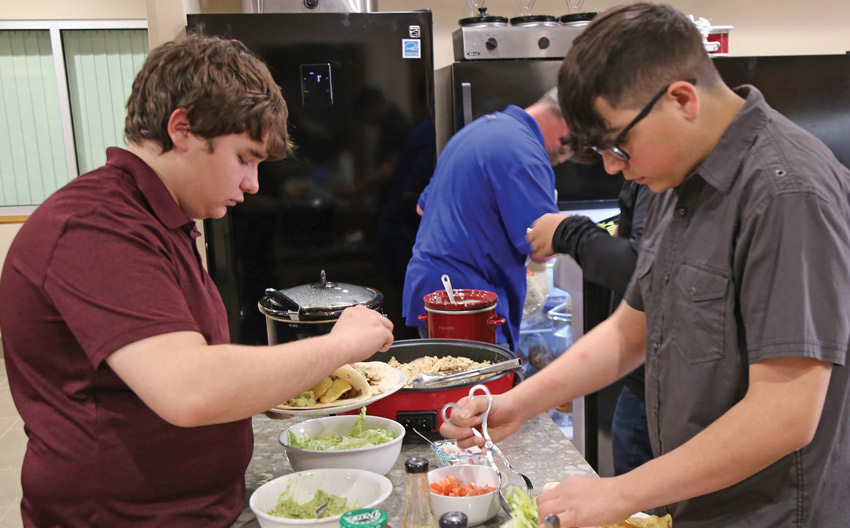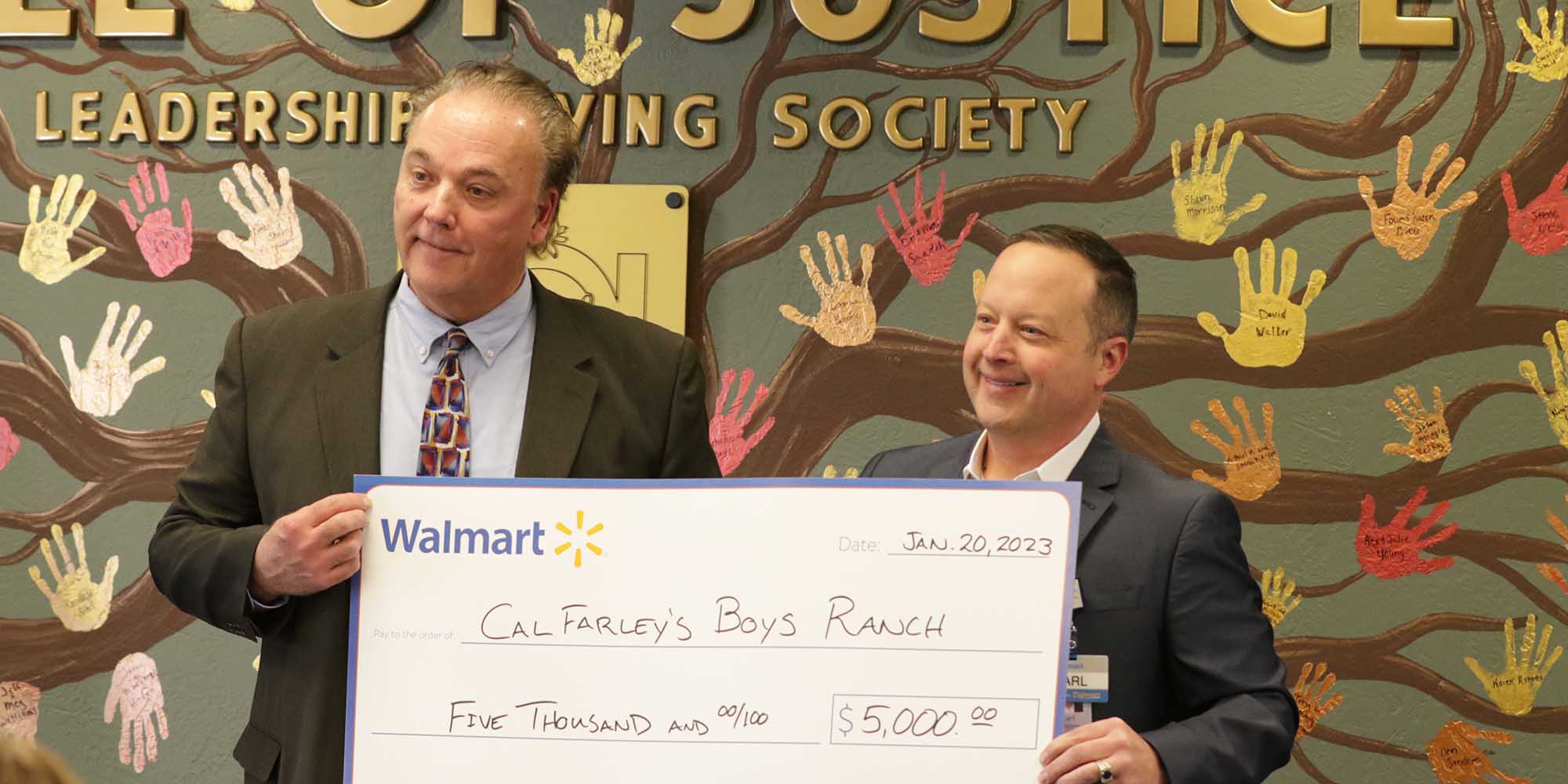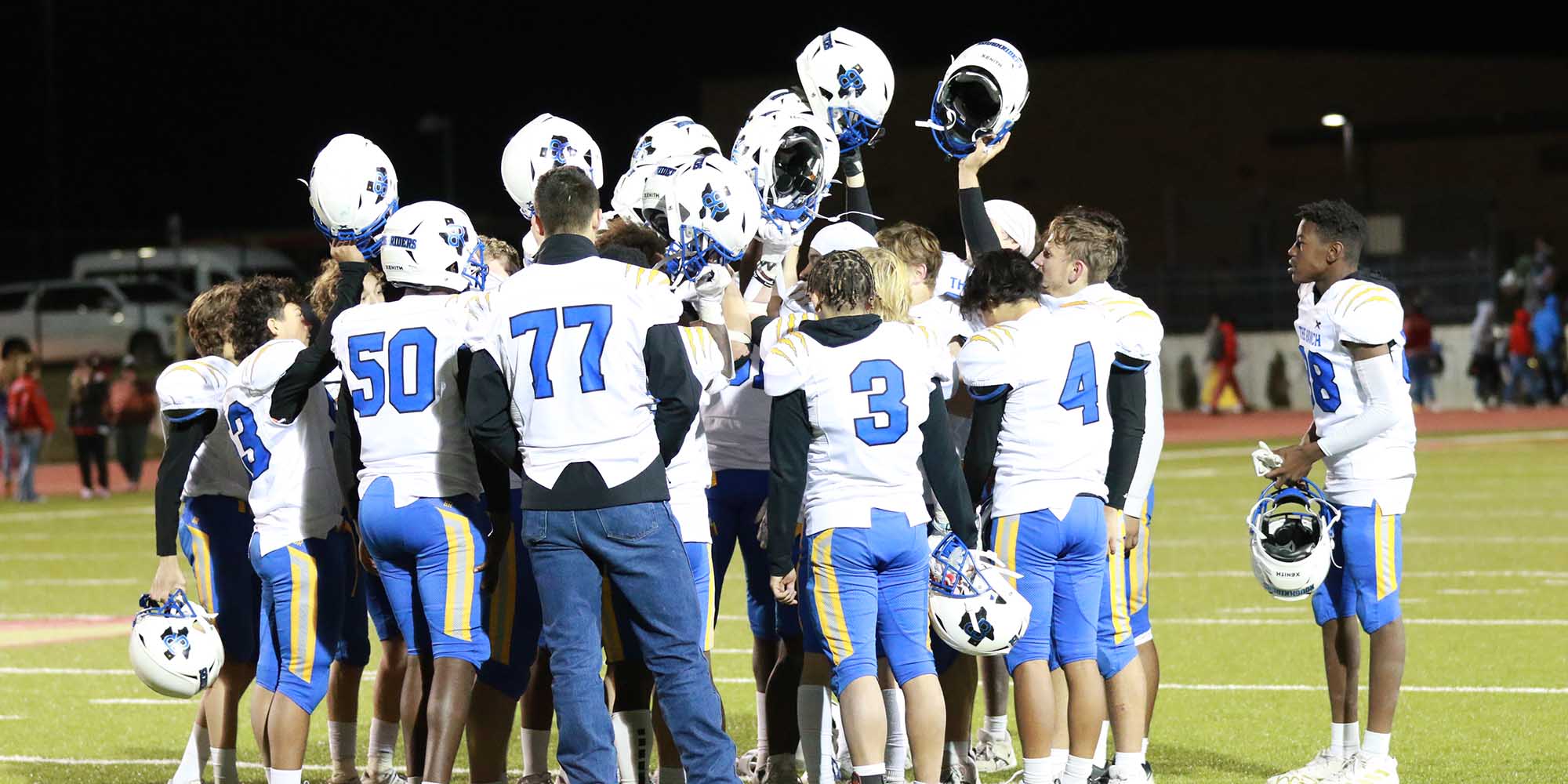A child’s brain is a remarkable thing. In the first five years of a child’s life, his or her brain will experience greater development than it will the rest of its existence! For this reason, a child’s experiences — positive or negative — play an undeniable role in determining how his or her young mind develops.
As one might expect, the child’s relationships with caregivers or other influential adults are the most vital. Children are hardwired to create a “serve and return” process with their caregivers. Babies coo, smile or cry to elicit nurturing interaction, while an older child may more directly communicate a need to engage important adults and draw out a healthy response.

Harmful experiences, on the other hand, can negatively impact the child’s brain development, decreasing his or her chances for long-term success. While short-lived difficulties like an academic or athletic obstacle can teach resilience and perseverance, long-term stressors such as neglect, abuse or poverty can be toxic to the developing brain.
Much of Cal Farley’s work with young people involves creating so-called “replacement experiences.” Boys Ranch experts work with children to train their developing minds to recognize and emulate healthy relationship patterns. Over time, these cognitive pathways become a more natural form of expression, providing the growing child with a new pattern for long-term behavioral success.
Through Cal Farley’s understanding of neurological development and implementation of developmentally sound therapeutic interventions, Boys Ranch helps children understand their own motivators and empowers them to turn past tragedies into future triumphs.













